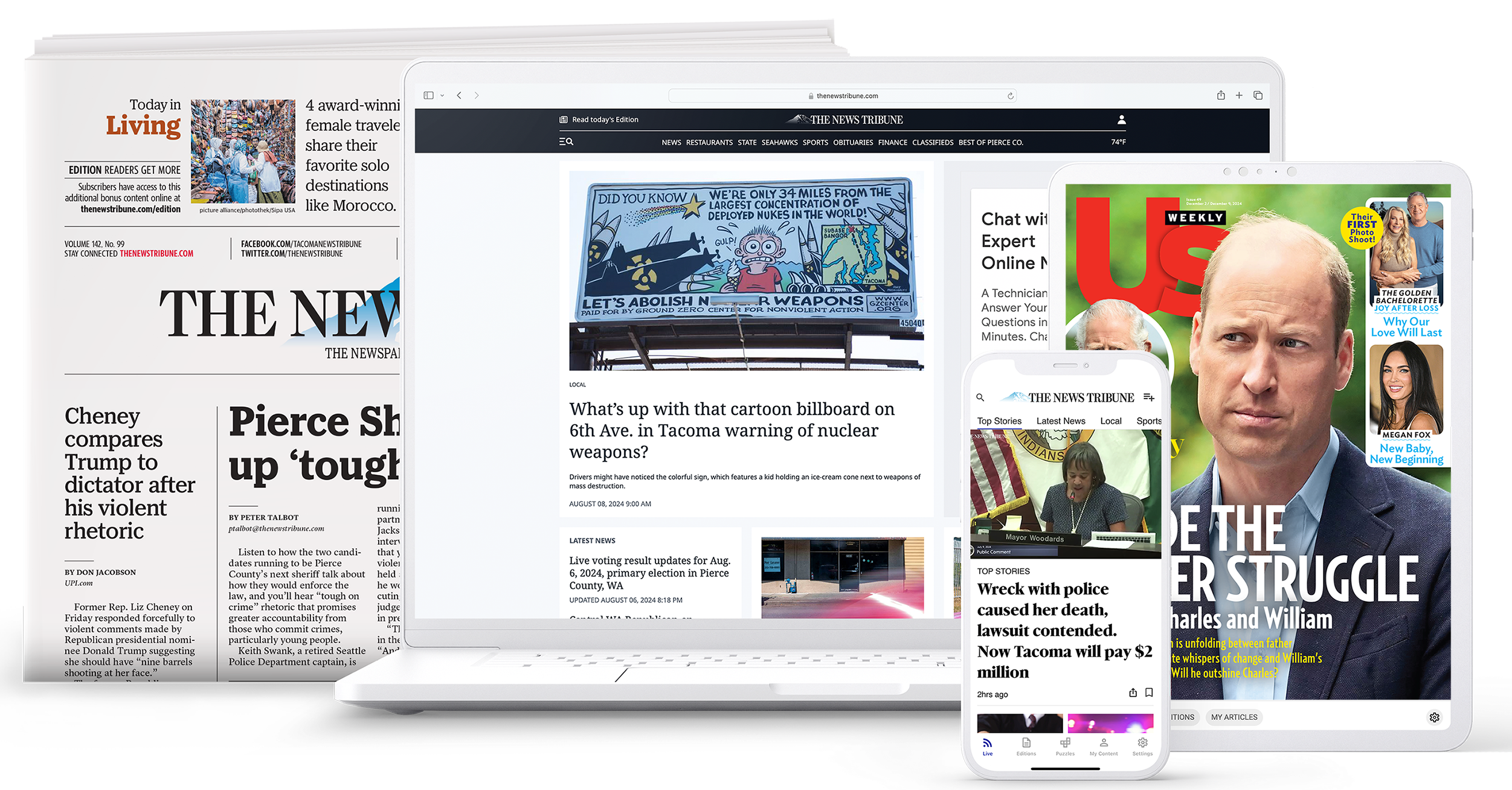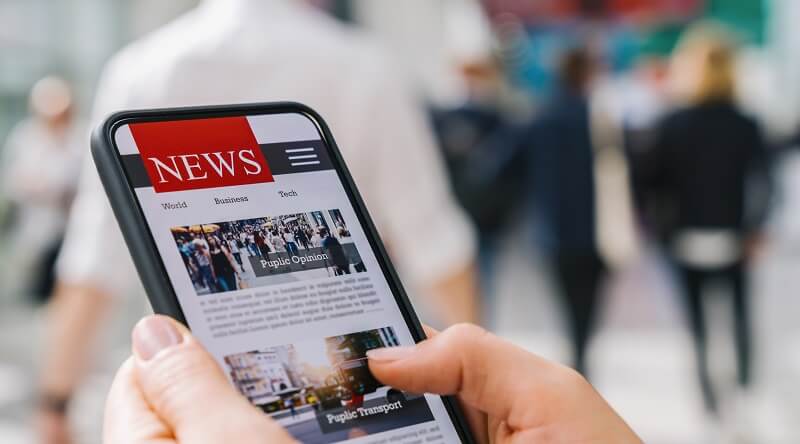The Complete Handbook to Navigating stnews.live for Smarter News Consumption
Wiki Article
The Significance of Fact-Checking in the World of News Online
The occurrence of false information in today's on the internet news landscape has gotten to alarming levels. Fact-checking organizations play a vital role in neutralizing this fad. They validate cases and enhance the reputation of journalism. Nevertheless, the performance of these companies usually rests on their methods and public understanding. As target markets navigate this intricate atmosphere, the effects of their searchings for might form the future of news consumption and trust fund. What does this mean for the integrity of details moving onward?
The Rise of Misinformation in the Digital Age
Exactly how has the advent of electronic technology added to the spread of misinformation? The quick growth of the net and social media sites systems has promoted the circulation of information at an extraordinary rate. Users can share write-ups, videos, and opinions with a simple click, typically without verifying the content's accuracy. Formulas focus on spectacular or mentally charged product, causing a spreading of misleading stories that catch attention.Furthermore, the anonymity managed by digital systems permits people to spread false details without liability (stnews.live). False information thrives in echo chambers, where customers are exposed mainly to point of views that strengthen their beliefs, better lodging falsehoods. The saturation of details can bewilder individuals, making it challenging to discern reliable resources from unstable ones. Misinformation has become a pervasive problem in the electronic landscape, influencing public point of view and trust in reputable news resources.
The Role of Fact-Checking Organizations
Fact-checking organizations play a necessary duty in boosting the reputation of journalism by verifying insurance claims made in news records. Their initiatives are essential in combating misinformation, making certain that precise info dominates in the electronic landscape. By holding media outlets answerable, these organizations contribute significantly to informed public discussion.Enhancing Integrity in Journalism
While misinformation proliferates in the electronic age, fact-checking organizations play a necessary function in boosting the reputation of journalism. These companies diligently confirm claims made in newspaper article, public declarations, and social media sites blog posts, making certain that details disseminated to the public is accurate and reliable. By supplying independent analyses, they act as a crucial resource for reporters, aiding them preserve high criteria of stability. Furthermore, their efforts promote openness in media, fostering public trust fund. As target markets come to be increasingly discerning, the existence of reliable fact-checking entities can identify trustworthy news sources from those that might spread out frauds. Ultimately, the commitment of fact-checking companies to promote reliability is critical for the wellness of autonomous discussion.Combating Misinformation Successfully
As misinformation proceeds to spread quickly across electronic platforms, the role of fact-checking organizations ends up being increasingly vital in the fight for accurate details. These organizations act as watchdogs, scrutinizing claims made by somebodies and media electrical outlets to assure liability. By utilizing rigorous study methods and specialist evaluation, they validate truths and clarify deceptive stories. Their searchings for are shared with different networks, enlightening the general public and cultivating vital reasoning. Furthermore, partnerships with social media sites platforms enhance their reach, permitting for prompt flagging of false details. As electronic literacy grows, the impact of fact-checking organizations is necessary in empowering audiences to discern reality from falsehood, ultimately contributing to a much more enlightened culture.Just How False Information Affects Public Perception
False information significantly weakens rely on media, leading audiences to question the trustworthiness of news resources. Consequently, people often move in the direction of electrical outlets that strengthen their present ideas, contributing to the polarization of opinions. This dynamic develops a fragmented details landscape, where shared comprehending comes to be significantly tough to achieve.Trust fund in Media

Count on media has come to be increasingly vulnerable in the electronic age, where the fast spread of incorrect information can skew public perception. As false information proliferates throughout social media sites and on the internet systems, target markets typically locate it testing to discern credible resources from undependable ones. This unpredictability cultivates suspicion, leading several individuals to examine the intentions behind news coverage. Subsequently, depend on in established media electrical outlets has reduced, as customers significantly turn to alternative resources that might lack rigorous content criteria. This erosion of count on not only influences specific ideas yet likewise threatens the cumulative ability to take part in notified discussions. Ultimately, the integrity of journalism goes to stake, highlighting the critical demand for reliable fact-checking to bring back confidence in the media landscape.

Polarization of Point of views
The enhancing uncertainty toward traditional media has actually added to a growing polarization of point of views among the general public. Misinformation, commonly shared via social media and on-line platforms, plays a considerable function in forming unique ideological divides. People often seek info that aligns with their pre-existing beliefs, enhancing their point of views while dismissing opposing perspectives. This resemble chamber impact heightens departments, resulting in a fragmented public discourse where agreement pop over to this site comes to be progressively evasive. Furthermore, sensationalized narratives flourish in this atmosphere, further skewing public perception and promoting distrust in trustworthy sources. As polarization intensifies, the necessity for efficient fact-checking becomes vital to bridge spaces and advertise informed conversations, eventually making certain an extra cohesive culture with the ability of navigating complicated concerns.Strategies for Reliable Fact-Checking
Efficient fact-checking depends on a systematic method that includes thorough research study, verification of sources, and vital evaluation of insurance claims. A foundational strategy is cross-referencing details from numerous qualified resources to confirm its precision. Fact-checkers usually utilize specialized data sources and archives to trace the beginning of particular statements, ensuring that the reported information straightens with recorded evidence.Another important technique entails looking at the context in which cases are offered. Misleading info can occur from out-of-context quotations or discerning information usage. By checking out the broader story, fact-checkers can recognize prospective predispositions or misinterpretations.
Furthermore, engaging with experts in pertinent fields can give clarity and understanding that enhances the fact-checking process. This cooperation can discover subtleties that laypeople might forget - stnews.live. Eventually, a regimented strategy integrating these techniques fosters a much more enlightened public, improving the reliability of info distributed in the digital age
The Influence of Social Media Site on News Usage
Exactly how has social networks transformed the way individuals eat news? The emergence of systems like Facebook, Twitter, and Instagram has significantly modified news intake patterns. News is currently disseminated swiftly, permitting users to gain access to real-time updates and engage with web content via sort, shares, and remarks. This immediacy has cultivated a choice for bite-sized info, typically at the expenditure of comprehensive evaluation.Social media enables individualized news feeds, where algorithms curate content based on individual preferences, producing resemble chambers that might limit direct exposure to diverse viewpoints. The role of traditional news outlets has actually reduced as individuals progressively rely upon peer recommendations and trending topics. As a result, the reliability of info is typically endangered, as sensationalism can eclipse valid reporting. Generally, social networks has reshaped news usage, stressing speed and personalization while testing the standards of journalistic integrity.
Equipping Audiences to Recognize Trustworthy Resources

Additionally, taking a look at the authorship and business background of newspaper article can reveal potential biases. Cross-referencing information throughout numerous credible electrical outlets further improves the confirmation procedure. Utilizing electronic tools, such as browser extensions that rank the credibility of internet sites, can also help in recognizing reliable info. By proactively involving with these resources and cultivating a crucial state of mind, audiences can much better equip themselves to determine reliable news sources, inevitably cultivating a much more educated society in the middle of the complexities of today's media setting.
The Future of Journalism and Fact-Checking
As the media landscape develops, the future of journalism and fact-checking deals with both challenges and possibilities. The rise of digital platforms has actually equalized info dissemination, enabling diverse voices to arise. This has actually also led to the expansion of misinformation, demanding durable fact-checking devices. Journalists will progressively count on innovation, including AI tools, to verify facts quickly and successfully.Collaboration between news companies and fact-checking entities is anticipated to reinforce reputation and openness. Moreover, audience interaction will certainly play a necessary function, as educated viewers end up being substantial companions in recognizing reliable content.
The demand for accountability and accuracy is most likely to grow, pushing reporters to promote high criteria in their reporting. Ultimately, the future of journalism may rest on its capability to adjust to technological improvements while read the full info here maintaining journalistic honesty, guaranteeing that fact-checking remains a foundation of reliable news.
Frequently Asked Inquiries
Just How Can I Report Misinformation I Come Across Online?
To report false information come across online, individuals can use platform-specific reporting tools, offer clear evidence, and share the details with fact-checking organizations. Involving with area conversations can additionally aid elevate understanding about the false information.redirected here
What Are Usual Indications of False Information in News Articles?
Usual indicators of false information in news short articles include mind-blowing headlines, lack of reputable resources, psychological language, inconsistent truths, and absence of writer credentials. Visitors must critically review web content for these indications to determine precision.How Do Fact-Checkers Confirm Sources?
Fact-checkers validate sources by cross-referencing info with trustworthy data sources, consulting specialists, and examining the original context of claims. They likewise examine the reliability of the sources, guaranteeing exact and trustworthy details for public usage.What Lawsuits Can Be Taken Against False information?
Lawsuits against misinformation might include disparagement suits, cease-and-desist orders, and regulative charges. Targets can look for remedy through civil courts, while some jurisdictions impose penalties or permissions on systems distributing incorrect details.Exist Apps for Fact-Checking News On-The-Go?
Many apps exist for fact-checking news on-the-go, consisting of Snopes, FactCheck.org, and PolitiFact. These applications assist customers validate cases promptly, advertising notified decision-making and fostering a much more critical approach to consuming news in real-time.Report this wiki page